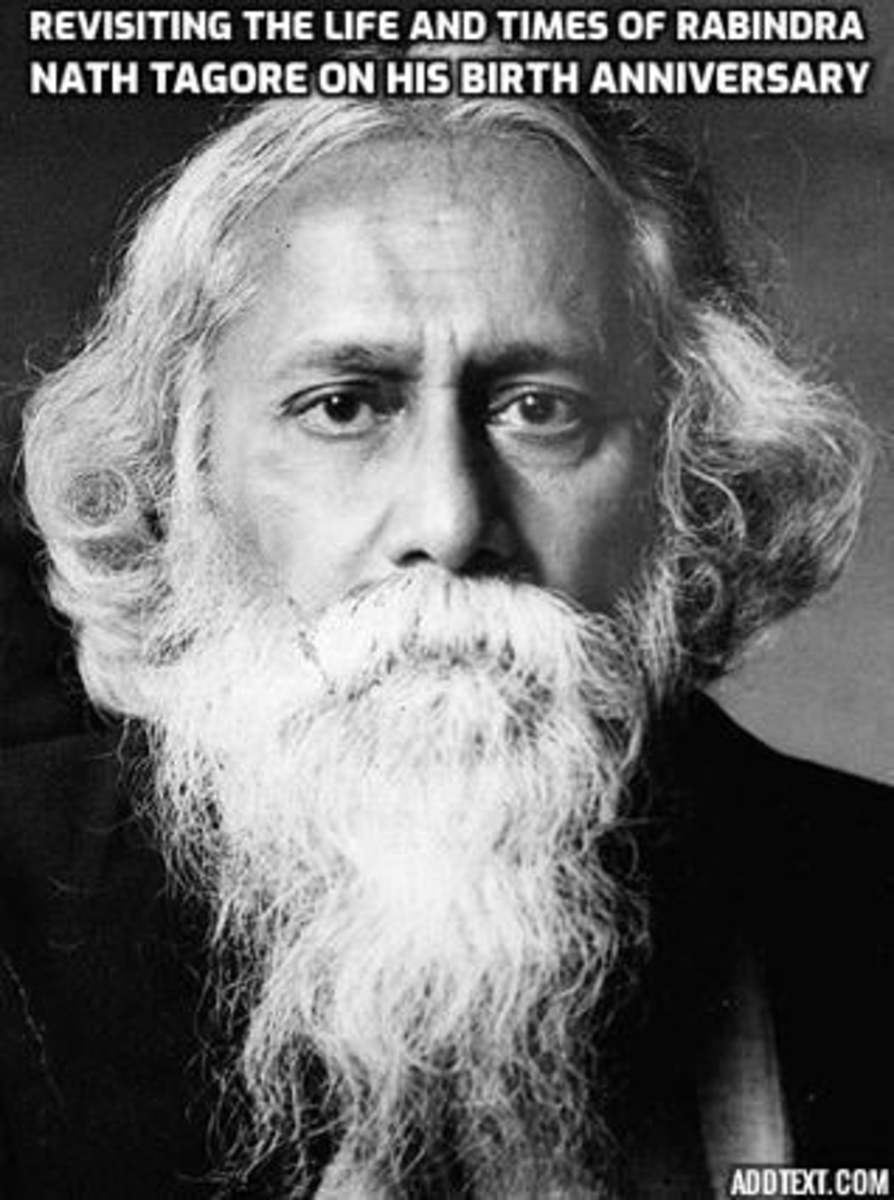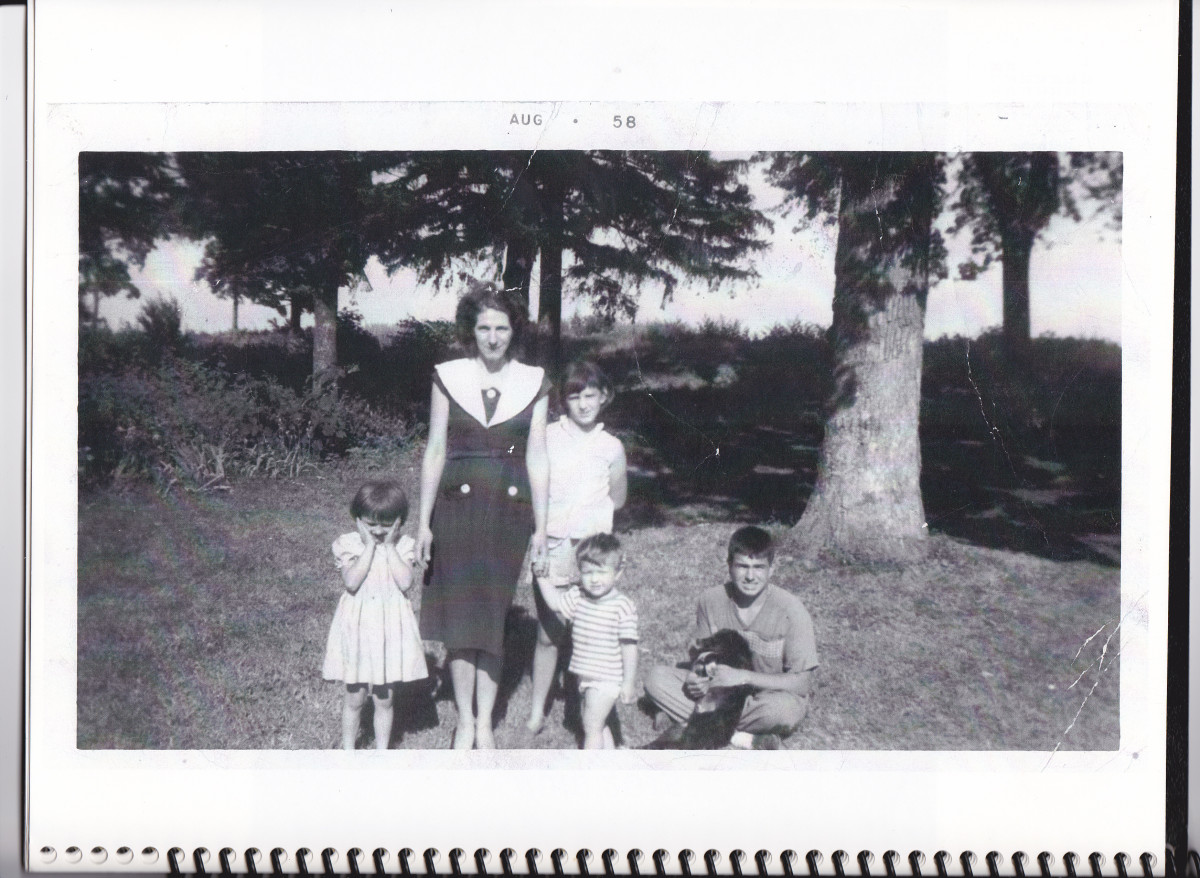Some Introspective and Metacognitive Reflections on the Beautiful Gift of Writing
The act of writing is a heavenly gift. It’s as if God has said, “I have created. Now create.” By writing I can communicate with God, with myself, and with others. Communication is the means by which we can escape ourselves, and writing is a conduit for that escape. On the contrary, by writing my thoughts I can escape the world into myself, into my boundless imagination. This power of creation that has been granted to me has led me to try my hand at many different types of writing.
In writing I see a simple truth: the more that I understand the mechanics of writing, the more free that I am. The best way I can explain this is: the more that a criminal knows about the laws and regulations within society, the more readily the criminal is able to circumvent and manipulate laws to be a successful criminal. This is a daring analogy, but it works. This is my explanation for experienced authors’ ability to bend what we widely understand to be established grammatical conventions.
The Cognitive Process Theory by Linda Flower and John R. Hayes (1981) talks about how the writing process is cyclical, and the writer makes constant decisions that affect the outcome of the writing output. As highlighted in their model, which attempts to physically embody an intellectual process whose steps are constantly revolving and changing order, the writing process does not follow a successive order. Rather, there is a constant reshaping going on that hinges on 1) the rhetorical problem in question, 2) the writer’s faculties and long-term memory, and 3) the writing process itself. The writer will assess the work already created, sometimes at the emergence of each new word, and make syntactic and lexical choices that hinge on each point of reflection. I appreciated learning this theory because it applies to my writing techniques; I automatically make adjustments to a piece as I go through it, and it is more often than not a very cyclical process.
Each literary text I create (call it a writing mission) can never be completely free form. There will always be some type of restrictive element. For instance, I could write a poem that has no restrictions for meter, length, or form. But it will still have to consist of language. That is a restrictive element. If the writing mission is a business letter, the restrictive elements are societal and professional expectations for the form of the letter, the font, etc. This can be applied to life itself: In life there will always be restrictions. The key is to make the best of what’s around and make some magic with what you’ve got. Same goes with writing. There are always life analogies abounding in the craft of writing.
Writing is a joy because even though it is usually bound, there are usually ways to find freedom within it. In my life I have written poetry, short stories, nonfiction, journalistic works, guest editorial, photojournalistic works, technical documents and so on. Each of these forms and genres of writing has its own set of restrictions. However, the more time that I invest in each different genre, the more experienced, informed, knowledgeable, and, as a result, liberated, I become by the act of writing in that particular genre.
When I think of some of my greatest writing achievements thus far, the essence of my satisfaction in these texts has come from my ability to do one or all of the following: 1) properly assess and idea or subject within a proper context; 2) comment upon an idea or subject by juxtaposing it against another idea or subject in an innovative way; and/or 3) come up with something absolutely sparklingly original and unique. I wrote one long paper for an Animals in Literature course in which I took a play script, a novel, and a documentary, and compared all of their protagonists with the theme of A Return to Eden. Given the circumstances of the content of the texts, this was a unique spin. The degree of uniqueness that I achieved in the writing, and the original thoughts that amounted from the essay (as we all know that writing can take on a life of its own at times), granted me a very high level of satisfaction. I was able to draw very distinct theoretical connections amongst highly varied story lines. This reminds me, as I write, that challenge is usually a good indicator of how satisfying a writing endeavor will be.
In the previous paragraph was a parenthetical statement that writing can take on a life of its own at times. This paragraph would probably not exist were it not for that parenthetical statement. This is an endless circle of logic for which you may not be prepared. Real writing becomes an organism, living, moving, breathing. The writer become a life force channel, simply a conduit by which the living being of the literary text is birthed. If the writing is not taking on a life of its own, the writer may need to 1) research his or her topic more; 2) seek oneself for new insight and/or world/personal connections to idea or subject; and/or 3) reconsider one’s purpose behind writing about said idea or subject.
How does this pertain to being a teacher of writing? I have to understand that not all of my students will be able to write like me. Some will be freestyle writers and others will be what I call “outline writers.” There shouldn’t be a negative stigma placed on this. Some people just think in a more logical format. Some students will do better when they have a specific template to help them formulate their content.
How can I take my own profile and spin it to inform my philosophy of teaching? Well, from what I have just produced, I have deduced three simple precepts: 1) Expect restrictions in writing, and expect to overcome them as your skills increase; 2) The level of satisfaction in a piece of writing will be proportionate to the degree of challenge involved in the writing endeavor; and 3) If your writing is not taking on a life of its own, then you may need to check yourself. We’ll make the best of what’s around. We’ll make some magic with what we’ve got!








